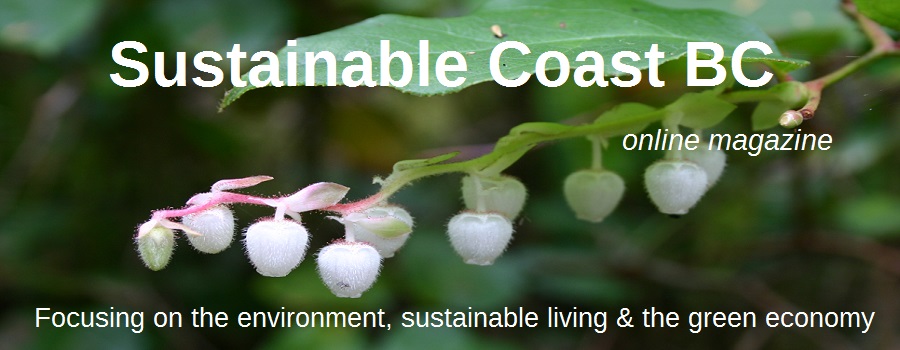News
The transfer of diseased salmon into an open-pen fish farm operated by Marine Harvest appears to have violated federal law, Ecojustice lawyers said today.
Ecojustice, acting on behalf of well-known biologist Alexandra Morton, has launched a lawsuit seeking a Federal Court order declaring that the transfer of diseased farmed Atlantic salmon into waters shared with wild fish is unlawful.
“The Department of Fisheries and Oceans is standing by, while private companies put fish carrying disease agents into the ocean,” said Margot Venton, Ecojustice staff lawyer. “We think this is unlawful. It’s definitely a serious abdication of DFO’s mandate to protect the fish and the marine environment.”
Morton alleges that in March 2013, Atlantic salmon infected with piscine reovirus (PRV) were transferred into an open-pen fish farm operated by Marine Harvest in Shelter Bay, B.C., located along the Fraser River sockeye migration route. Marine Harvest was operating under the terms of a federal aquaculture licence that purports to give them the power to make decisions about transferring diseased fish into the ocean.
Heart and skeletal muscle inflammation (HSMI) is a severe disease that affects the muscles and heart of salmon. HSMI can weaken salmon to the point they are unable to swim up a river and reproduce. HSMI was first observed on Norwegian salmon farms in 1999 and spread quickly. HSMI is now thought to have spread to virtually all fish farms in Norway, affecting close to 100 per cent of farmed fish sampled. PRV has been recently identified in farmed Atlantic salmon in B.C.
Scientists report that piscine reovirus is associated with and thought to cause HSMI. Scientists warn that PRV must be contained to prevent widespread infection of wild fish populations.
“PRV is an emerging and exotic virus, red-flagged by scientists in the U.S. and Norway as a pathogen that must be contained because it spreads so easily” said Alexandra Morton. “The Minister of Fisheries should have responded to the discovery of this virus in BC with measures to protect wild salmon, but instead he has given this Norwegian company permission to expose BC’s wild salmon to an exotic virus with a nasty reputation.”
The emergence of PRV comes in the wake of the Cohen Commission’s final report, which concluded that “salmon farms along the sockeye migration route have the potential to introduce exotic diseases and to exacerbate endemic diseases that could have a negative impact on Fraser River sockeye.” Permitting Marine Harvest to place highly infectious Atlantic salmon on the Fraser sockeye migration route runs contrary to the recommendations of the $26-million Cohen Commission.
